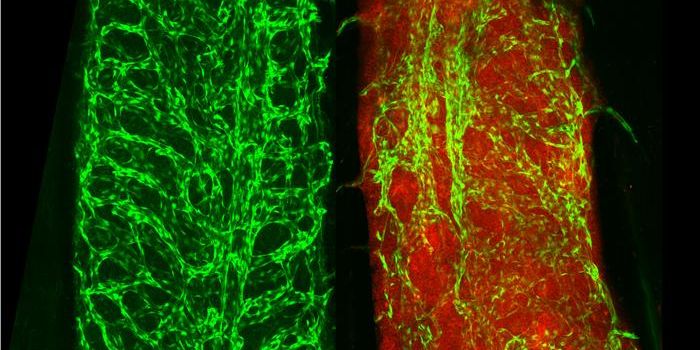Cancer-Sniffing Worms: The Future of Diagnostics?
Researchers have unlocked a way of sniffing out cancer in patients with very-early-stage pancreatic cancer. This time, instead of relying on dogs, the technology relies on the help of a much smaller animal: worms.
Caenorhabditis elegans are transparent worms, about a millimeter long, that live in soil, particularly around rotting vegetation. A team of researchers from Osaka University looking for early detection methods for pancreatic cancer became interested in the potential of using C. elegans.
Earlier studies revealed that the nematodes have a remarkable sense of smell. In addition, they breed quickly (they produce over 1000 eggs daily) and are easy to handle in assays such as N-NOSE, an established system for analyzing the movement of C. elegans in response to chemical signals.
In the study, the cancer researchers performed a study in 83 patients with very-early-stage pancreatic cancer. They observed the movement patterns of the worms when they were exposed to urine samples from both the cancer patients and healthy controls.
They found that the test had a sensitivity of 95.8 percent, even when the patients were in the very early stages of the disease. After undergoing surgery to remove the tumors, the patients tested negative on N-NOSE.
The researchers are confident that their cancer screening technology could soon become standard in diagnostic labs. “The clinical application C. elegans for the early diagnosis of cancer can certainly be expected in the near future,” wrote the authors.









